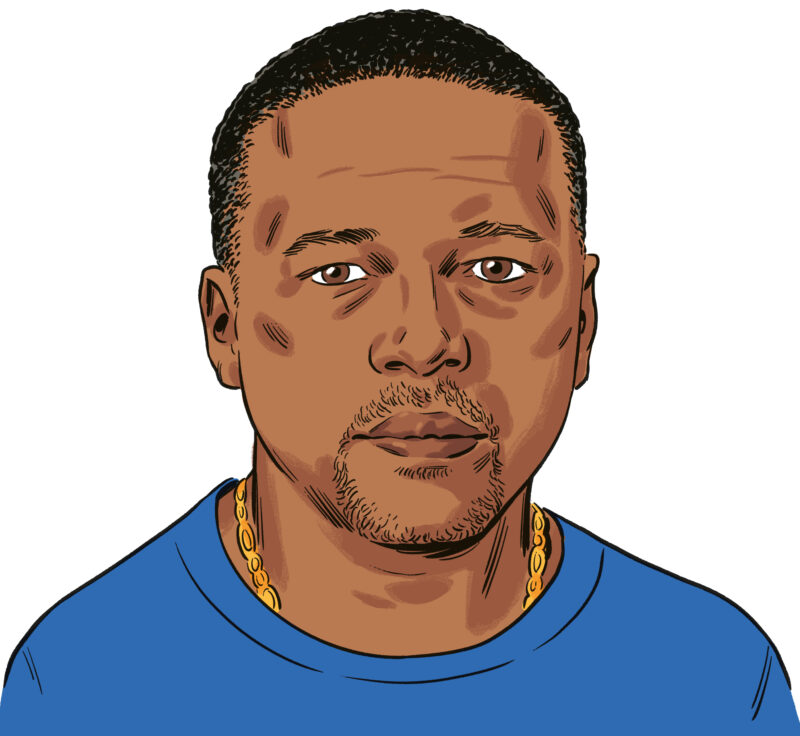Daniel Clardy is a sixty-seven-year-old mail handler for the United States Postal Service, a career he has enjoyed for almost four decades. He knows the city. I listen when he speaks. The following text has been adapted from my conversations with him:
I’ll tell anybody, I’m a proud Chicagoan. Have always been. Will always be. I grew up on the Southside in the Grand Crossing neighborhood, although I now live in a new community just north of Englewood called South of the Back of the Yards. I’m tempted to say “infamous” Englewood given its reputation for gun violence. Given that it’s one of the reasons why people started calling Chicago “Chiraq.”
You have reached your article limit
Sign up for a digital subscription and continue reading all new issues, plus our entire archives, for just $1.50/month.
Already a subscriber? Sign in
contributor
contributor
Jeffery Renard Allen is the award-winning author of six books of fiction and poetry, including the celebrated novel Song of the Shank, which was a front-page review in both The New York Times Book Review and The San Francisco Chronicle. Allen’s other accolades include The Chicago Tribune‘s Heartland Prize for Fiction, The Chicago Public Library’s Twenty-First Century Award, the Ernest J. Gaines Award for Literary Excellence, a grant from Creative Capital, a Whiting Writers’ Award, a Guggenheim fellowship, residencies at the Bellagio Center, Ucross, The Hermitage, VCCA, Monson Arts, and Jentel Arts, and fellowships at The Center for Scholars and Writers, the Johannesburg Institute for Advanced Studies, and the Schomburg Center for Research in Black Culture. He was a finalist for both the PEN/Faulkner Award and the Carnegie Medal for Excellence in Fiction. Allen is the founder and editor of Taint Taint Taint magazine and is the Africa Editor for The Evergreen Review. His latest books are the short story collection Fat Time and the memoir An Unspeakable Hope, the latter co-authored with Leon Ford. Allen is at work on several projects, including a memoir entitled Mother-Wit and a short story collection called Try Me. Find out more about him at www.writerjefferyrenardallen.com.
More by Jeffery Renard Allen





